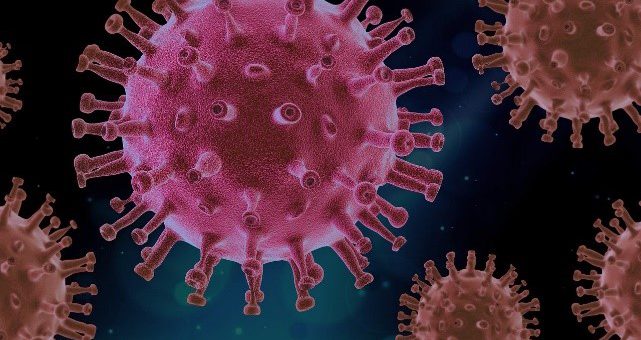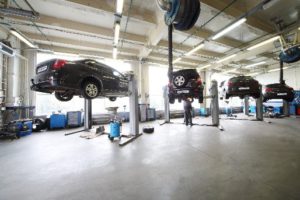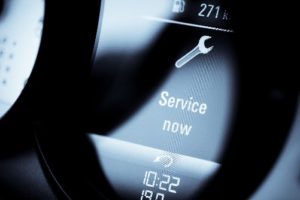
Why are Germany´s car repairers doing so well during the Coronavirus crisis? Categories: 2020, News Timelines: Germany
Announcement Date : 2 June 2020
Compared to other European markets, Germany is doing comparatively well in the automotive aftermarket during the Coronavirus crisis. While we see a dramatic drop in the workshop activity by nearly 100% in other countries, German workshops have limited their losses in activity to 40%.
So, if you want to better understand the situation in Germany and the reason for it, please continue reading.
For any further information, please click here to contact GiPA
The situation in Germany
Since March 23rd, an ordered shutdown and social contact restrictions have been in effect in Germany, which has impacted society and most economic activity. Almost one month later, on Apr 20th, Germany has started to ease step-by-step the restrictions as data shows a significant slowdown on new Covid-19 infections. Businesses in all sectors are going to recover.
But why so fast?
1. Dealing with the Covid-19 spread
Coronavirus was identified early as a potential threat to the population and economy. Early developments in Italy, Austria and Spain demonstrated the rapid spread and danger of the virus. The German Government – learning from the experience of other European countries – quickly implemented firm measures to respond to the Covid-19 outbreak.
The German population was well informed and supported all the measures taken by the Government. They have followed the new rules and accepted the new way of living during the crisis, which was mainly to stay at home and to avoid any social contact outside the household.
Furthermore, the capacity for infection tests has been rapidly ramped up in order to reduce the risk of exponential spread of the virus as much as possible. Health service authorities have additional capacities to be able to track infection chains better and faster. And in just two weeks, the capacity of intensive care beds in hospitals have been increased to 45,000, more than 3/4 of them with ventilators.
2. Massive support for the economy
The German Government very quickly formulated a stimulus package that acted as a protection umbrella for the entire economy. The total amount of this stimulus package is more than € 819 bn and credit schemes are even unlimited. The package consists mainly of 4 pillars:
- A reduced hours compensation scheme to avoid lay-offs (up to 87% for 12 months)
- A tax moratorium to avoid a shortage of cash liquidity in companies
- Financial first aid package (no need for payback) and enhanced credit schemes
- Financial support on a European level
And why are car repairers doing so relatively well?
First of all, it has to said that garages and workshops are considered to be key businesses in Germany. Whilst most other businesses had been instructed by the Government to close from March 23rd, workshops could stay open for any kind of services.
GiPA with its COVID-19 barometer measured the situation on a workshop level on a bi-weekly level. Every two weeks, the same 350 workshops were asked about their business activity:
- Almost 100% of the workshops were open during the peak of the crisis.
- Workshops benefited at the beginning of the crisis from their fully booked backlogs.
- In Germany, tyre rotating had season just begun (change from winter to summer tyre).
- And almost every workshop made use of the supports offered by the government, mainly financial first aid package and reduced hours compensation.
Workshops perceived the measures taken by the government as very useful for their company. As a consequence, the confidence to survive the crisis was – and still is- quite high among most repairers.
What about the future
Due to the loss of undriven kilometres during COVID-19 crisis, there will be a natural decline in workshop entries. On the other hand, we will see short-term catch-up effects because car drivers prolonged their workshop visits. And even more important: As long as the virus has not been contained, and there is no medicine or vaccine, people will rather use their car instead of using public transport. Thus, cars will become more important and will be used more frequently. The consequence: More business for car repairers.
For any further information, please click here to contact GiPA















